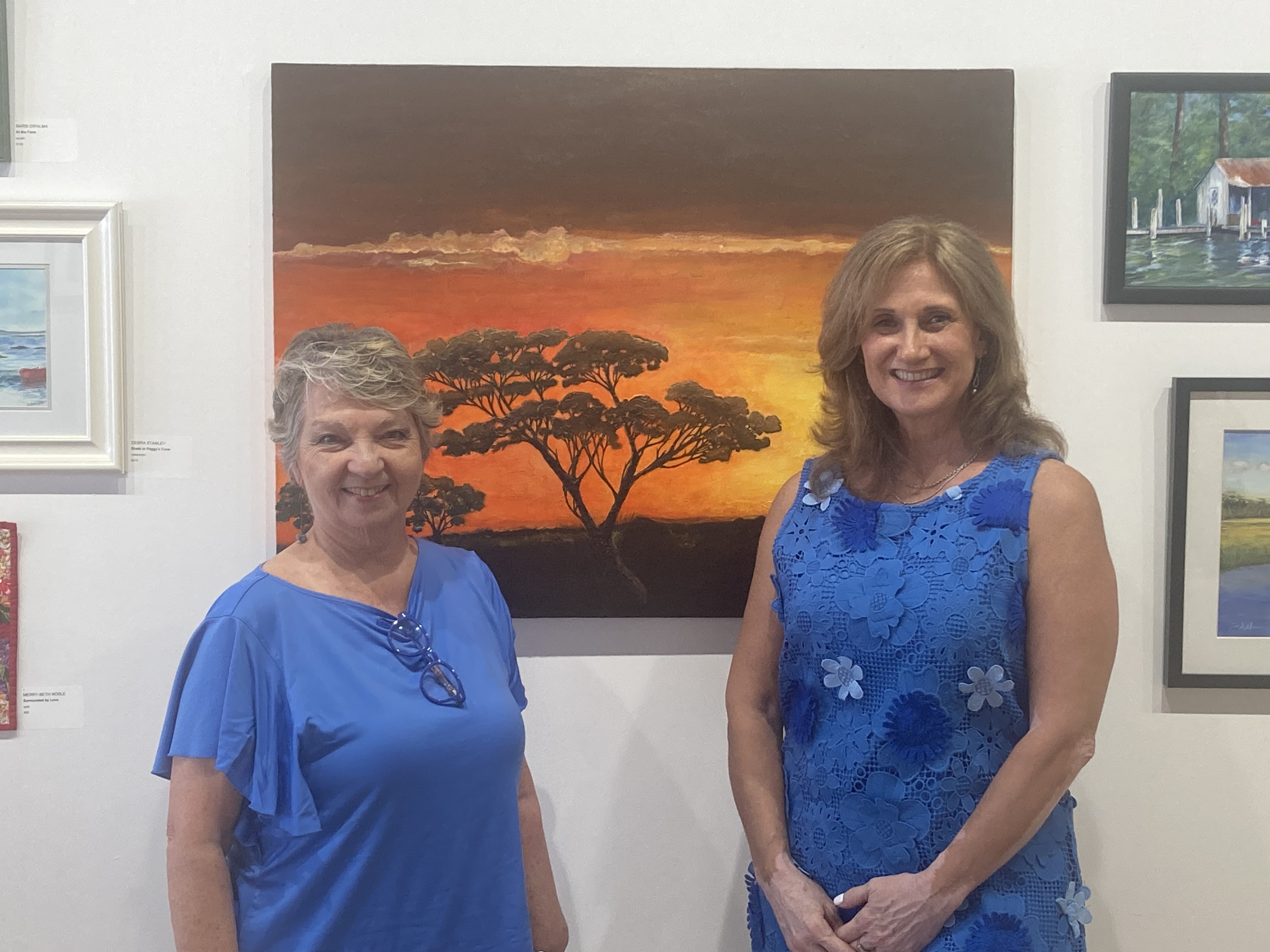For the Love of Literature
Published 4:37 pm Thursday, December 7, 2017

- From James Baldwin and Richard Wright to Toni Morrison and Zora Neale Hurston, Professor Carson discuses with USC Upstate students how to read a many layered literary work and see how all the elements work together to create a work of art.
Photos by Les Duggins, Sr.
He grew up with segregation, became a respected college professor and served the community. Dr. Warren Carson is retiring after more than 40 years of teaching.
Carson grew up in a different Tryon than today’s community. He said although times were different, he had some wonderful role models that inspired him to turn his efforts to education and community service.
After earning a doctoral degree in English from the University of South Carolina, Carson spent a few years teaching at various schools. Then, after serving as dean of Rutledge College in Spartanburg, he began teaching at the University of South Carolina Upstate where he has served as a professor and an administrator for 34 years.
“African American literature is my area of specialty,” Carson said. “It wasn’t a formalized discipline when I began my college career, but it was always an interest of mine.”
Carson said the two most influential professors he had were Dr. Blyden Jackson at the University of North Carolina in Chapel Hill and Dr. Richard Long, chair of the Center for African American Studies at Atlanta University in Atlanta, Ga. where Carson received his master’s degree.
“I tend to teach James Baldwin, Richard Wright and Toni Morrison most frequently,” said Carson. He added that these writers were the authority in the Harlem Renaissance in the 1920s and 1930s.
“This was the first really self-conscious literary and artistic movement among African Americans,” Carson said. “During this time Harlem was sort of the main site of activity. Many African Americans migrated from the South to Harlem during that time.”
Carson added that he did his doctoral dissertation mainly on Zora Neale Hurston’s early career. Hurston was an American novelist, short story writer, folklorist, and anthropologist who, in Carson’s words, “. . . had a short but storied writing career.” Carson said when he entered graduate school most of her books were out of print, but today it’s hard not to find her work in literary collections.
Carson uses the words of these great writers to inspire his students. “I’m an old fashioned teacher,” he said, adding that he insists his students read the works very thoroughly and look for nuances, themes and symbols that work together to create first rate literature.
“I want my students to come away with a knowledge of how to read and critique any given work,” he explained. “That will give them a greater appreciation of African American life and culture as represented in literature.”
Though he grew up during segregation and attended segregated schools until eighth grade, Carson said it didn’t have much effect on his ability to find good jobs.
“I am who I am,” he said. “If there were any issues, they certainly weren’t mine. Segregation was a very important part of my life. I’m a product of those experiences. I value those lessons that I learned and try to pass them on.”
Carson believes the lessons he learned growing up included learning to persevere, believing in oneself and adopting one’s own standards rather than taking on someone else’s.
“Everybody’s not always going to be like-minded,” he said. “You need to figure out how best to live your own life. Don’t allow people to interfere with the trajectory you’ve planned for yourself.”
Crediting his family, his church, his community and even the segregated schools for preparing him and others to go out and contest what was out there, Carson also spoke of his parents as role models and hard workers.
“My folks and the community provided great role models of people who worked hard and role modeled for younger generations.” His dark eyes became reflective as he paused a moment in thought. “We’ve lost some of that along the way,” he added.
The need he sees for positive role models inspired Carson to serve in the community including as a Tryon town councilman. He held offices such as president of the Roseland Community Center and served on numerous boards of local organizations such as the Tryon Fine Arts Center, Thermal Belt Outreach Ministry, the board of trustees for St. Luke’s Hospital and the Polk County Department of Social Services.
“I try to lend my knowledge, talent and expertise to anything that will benefit people and community,” Carson said. “I want to make sure people in the community are taken care of.”
In addition to serving in government and the community, Carson is very active in the Garrison Chapel Baptist Church, the church in which he grew up. As a member of the church choir, Carson sang tenor and baritone and later became the choir director. He also directed the USC Upstate Gospel Choir for many years, then stayed on as advisor. For many years he has directed the Eastside Fellowship Choir.
Carson officially retires at the end of the current semester, this December. He said he doesn’t have any immediate plans beyond helping his brother, Todd Boggett, care for their mother, Esther Carson.
“I want to kind of decompress,” he said. “I’ve been multitasking all my life and I’m anxious to see what it feels like not to.” He added that he might use his knowledge and love of literature to try writing books, then laughed and said, “I have lots of tales I could tell.”
Carson also doesn’t see himself giving up teaching completely and imagines he will continue to teach a course or two here and there. “Any time spent with students ranks at the top of my experiences,” he said. “They keep you energized.” •
Catherine Hunter’s journalism career spans 20 years of writing for newspapers and magazines, including The Chronicle of the Horse, The Western Horseman, the Tryon Daily Bulletin and Foothills Magazine. In 2000, Hunter received a South Carolina Press Association award for reporting in depth. She is the author of “Sacred Connections Horsemanship: Empowering Horse and Rider through Chakra Energy.” Email her at catherine.hunter@tryondailybulletin.com.





